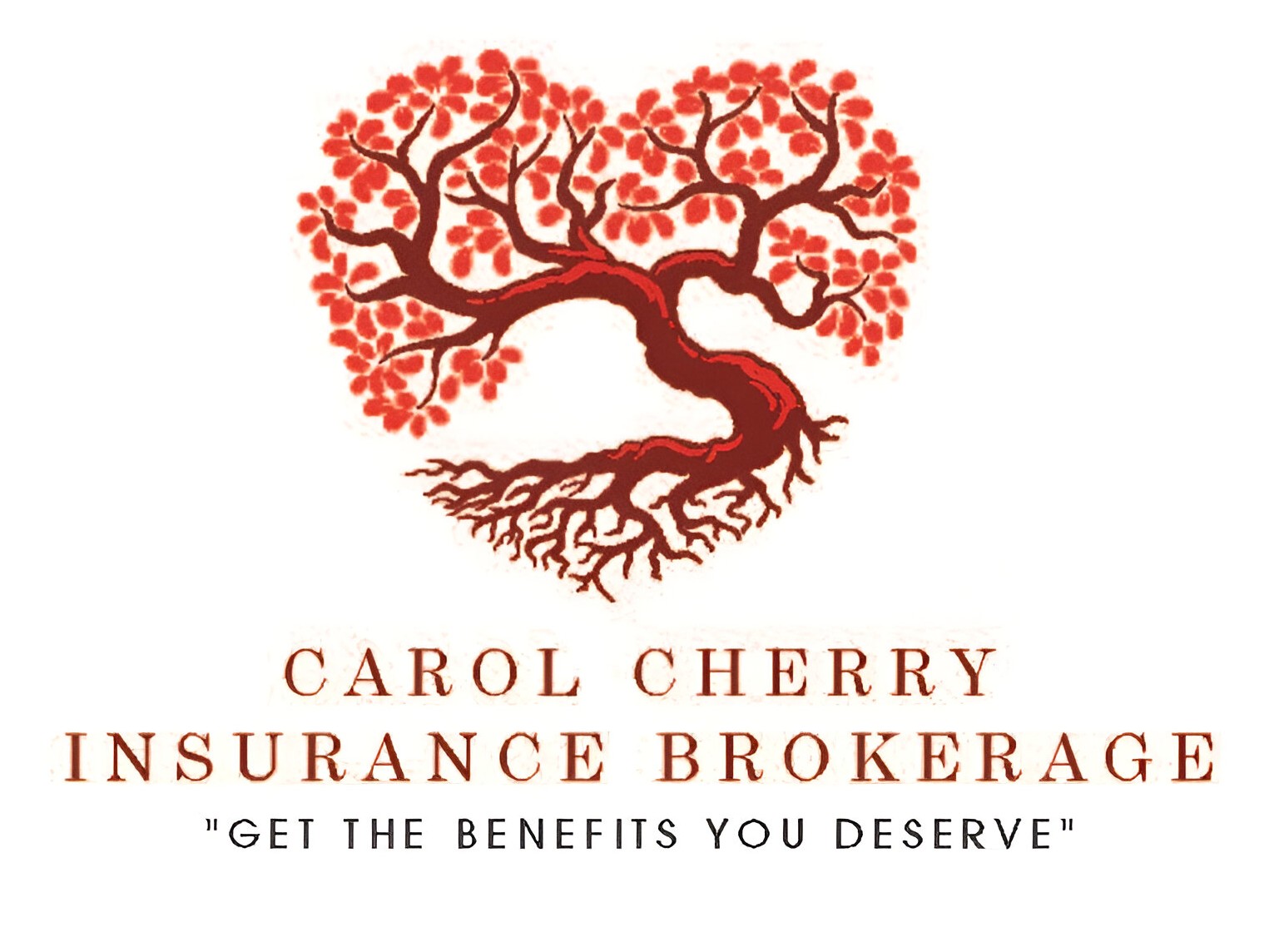Get Prescription Drug Coverage with Medicare Part D
If you are concerned about the cost of prescription drugs, you are not alone. Many people on Medicare, or who are about to become eligible for Medicare, worry about the bite prescription drug costs will take from their budget.
There are two ways for most Medicare recipients to get prescription drug coverage: standalone Medicare Part D plans or Medicare Advantage plans. Veterans may obtain prescription drug coverage through the Veterans Administration.
Since 2019, 48.7 million of the nation’s 62.2 million Medicare enrollees use Part D plans to make prescription medications more affordable. Medicare Part D coverage can help you keep medication costs under control. Our agents can help you choose the right plan for your needs.

Choose a Plan That Fits
Medicare Part D plans all cover different lists of generic and name-brand medications.

Cover Your Prescriptions
Original Medicare does not include coverage for prescriptions, which may be essential to you.

Enjoy Peace of Mind
Enrolling in Medicare Part D protects your budget from expensive, but necessary, prescriptions.
Standard Part D Plans: What Is and Is not Covered
Part D standalone plans offer coverage for the most commonly prescribed drugs among Medicare patients, plus many other brand-name and generic drugs. However, Part D does NOT cover the following:
- Vaccines
- Prescription vitamins & minerals
- Over-the-counter medications
- Drugs treating hair loss or cosmetic problems
- Drugs treating erectile dysfunction
Part D plans do not cover every prescription drug. When comparing plans, you can see exactly which drugs are covered and which are not.

Know Your Medicare Part D Formularies
A drug formulary is a list of generic and brand-name drugs that a particular insurance plan covers. Insurers develop these lists with the goal of helping people obtain the least costly medicine that is effective for their illness.
If you are interested in Part D coverage, you should read through the formulas of plans you are considering to ensure the drugs you take are covered. Formularies may change from year to year, so it’s important that you learn if certain drugs will be added to or deleted from their plan’s formulary each year.
Our agents are experts in Medicare coverage and familiar with how formularies work. We’ll help you navigate the plan options available to you and choose the right Part D coverage.

Are You Required to Get Part D Coverage?
Medicare recipients do not have to enroll in Part D coverage. People who don’t take medications may choose to skip signing up when they qualify for Medicare. However, most seniors will eventually need medications, so choosing Part D coverage is smart in the long term.
You should strongly consider enrolling in Part D coverage if:
- If you are enrolled in Part B coverage
- You take medications for a chronic condition
- You use insulin to control diabetes
- Your family history indicates healthcare problems in old age
- You currently rely on prescription drug coverage through your work-based insurance
- Failure to enroll in part D may result in a permanent late enrollment penalty.

How Your Part D Coverage Works
There are four “coverage stages” in Part D plans:
- Deductible Stage: This stage refers to the amount you pay out-of-pocket for your prescriptions until your plan goes into effect.
- Initial Coverage Stage: This stage refers to the portion of your prescription drug costs paid by your insurer.
- Catastrophic Stage: You enter this stage after reaching the $2,000 out-of-pocket limit, you pay $0 for covered prescription drugs for the rest of the year.
Make Your Part D Coverage Decision Sooner than Later
Medicare imposes a financial penalty on people who don’t sign up for Part D coverage when they become eligible for Medicare. The penalty is 1% per month on top of the Part D premium. It may not seem like much, but it can cause hardship, particularly if you expect to be on a fixed income.
It’s important to understand all your Medicare options at the time of your initial enrollment. This helps you get the coverage you need and avoid future penalties. Our agents can help you determine the best Medicare plan for your needs.
Part D Plans vs Medicare Advantage
Medicare Advantage policies have coverage similar to Part D plans. However, some Medicare Advantage policies help pay for over-the-counter drugs too. Typically, these plans provide a pre-paid card that people can use to buy over-the-counter medicines. The insurer then reloads the card with a specified credit every month.
Enrollment in Medicare Advantage plans has increased in recent years, and enrollment in standalone Part D policies has decreased. This is because most Medicare Advantage plans include prescription coverage as well as coverage for services that original Medicare does not include.
Formulary and Pharmacy Network Restrictions
Many plans (both standalone Part D and Medicare Advantage) include restrictions in their formularies. For example, they may require pre-authorization for covering certain drugs. They may limit the quantities of certain drugs, or they may require patients to try lower-priced drugs before trying more expensive drugs.
Finally, since many plans are designed for geographic service areas and particular pharmacy networks, people must make sure they live in the correct region specified by the plan they choose.
Choosing the Medicare Plan that is Right for you
Taking the time to explore several Medicare options can be tiresome, but it can produce significant savings in out-of-pocket costs over the years. Working with a qualified insurance agency is another way people make informed decisions about their Part D coverage.
Our knowledgeable agents can make the process of choosing a plan easier. The amount of information available online can feel overwhelming, but it’s essential to explore many options. If you are interested in expert help with your Medicare decision, contact us to learn how we can help.
